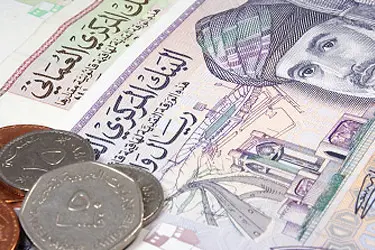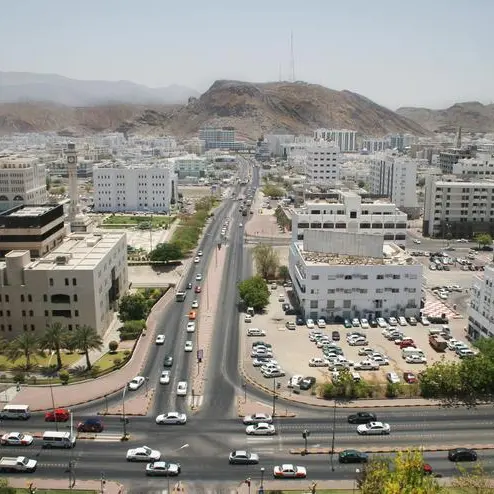PHOTO
Muscat - Oman’s budget shortfall widened further and crossed the RO4bn mark for January-July period of this year as government revenue continued to be hurt by weak oil prices.
The deficit increased 68 per cent to RO4.02bn from RO2.39bn in the corresponding period of 2015, statistics released by the National Centre for Statistics and Information (NCSI) showed on Wednesday.
In July alone, over RO500mn was added to the deficit, which stood at RO3.5bn for the first half of 2016.
Net oil revenue fell 46 per cent to RO1.79bn in the first seven months of this year from RO3.32bn a year earlier, while gas revenue decreased 3.5 per cent to RO779mn.
Total public expenditure dropped 3.3 per cent to RO6.66mn from RO6.89bn. Total current expenditure came in 1.8 per cent lower at RO4.56bn, mainly due to a 32 per cent decrease in oil-sector expenditure, at RO221.5mn this year. Total investment expenditure increased by 3.7 per cent to RO1.68bn. Expenditure in the participation and support category, which includes government subsidies, dropped 32.9 per cent to RO414.8mn in the January-July period of 2016, against RO617.9mn a year earlier.
Moreover, the average price of Oman crude oil during the January-August period of 2016 plummeted to US$37.6 per barrel against US$60.2 in the same period of 2015, a decline of 37.4 per cent, according to NCSI statistics.
The sultanate's daily average production of oil increased 2.7 per cent to slightly above 1mn barrel per day in the first eight months of 2016 compared with 976,800 barrels per day in the same period of last year. Total oil production increased 3.1 per cent to 244.8mn barrels from 237.3mn barrels.
© Muscat Daily 2016




















